Society
/
StudentNation
/
May 14, 2025
The administration’s attacks on both news outlets and universities can place journalism schools—and their students—at an alarming intersection.
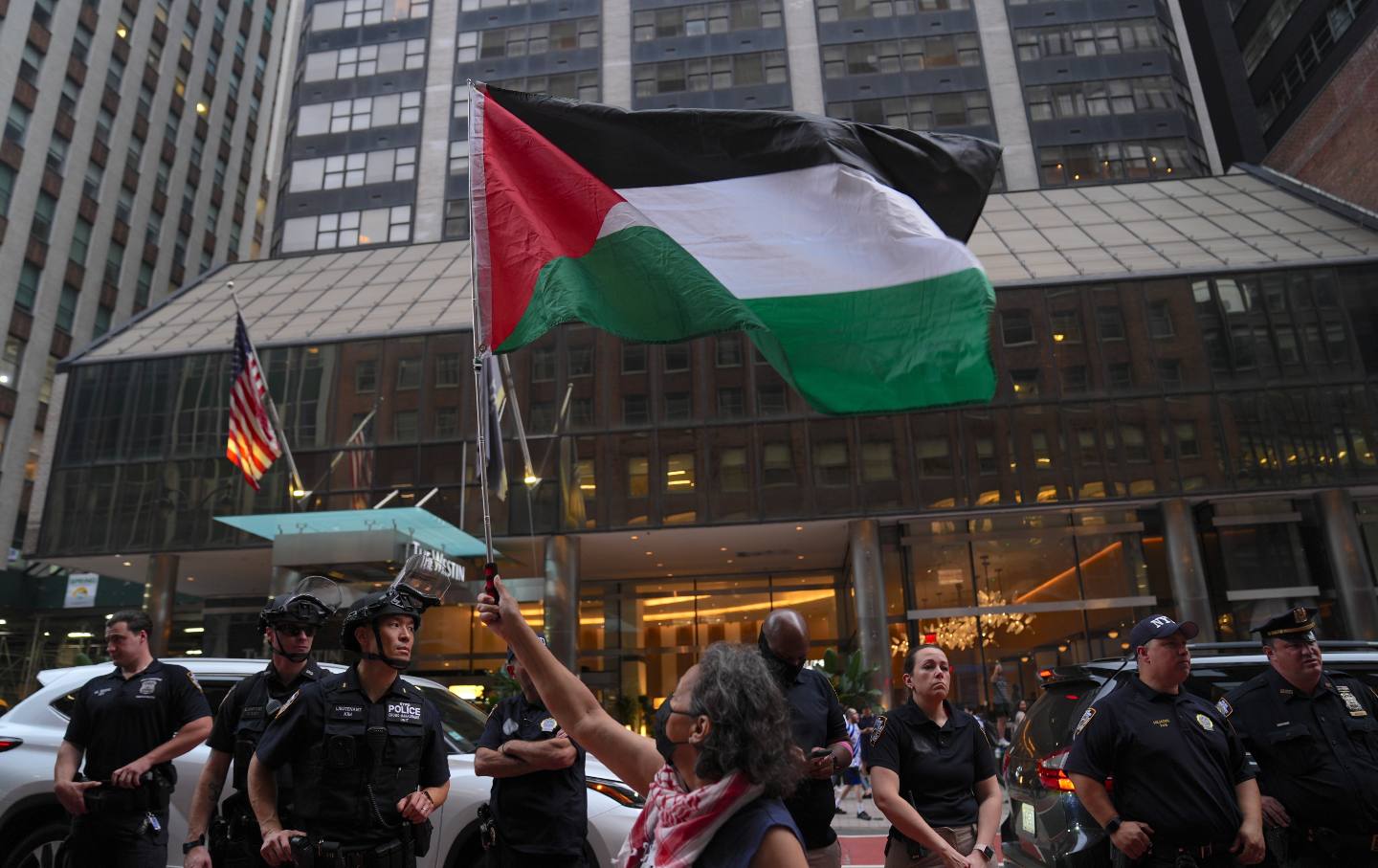
Pro-Palestinian protesters rally at the City University of New York Graduate Center.
(Selcuk Acar / Getty)
President Trump has threatened colleges across the country with federal funding cuts. As a letter from the administration to Harvard University last month made clear, academic programs with supposed “records of antisemitism” are facing demands to curb “ideological capture”—seemingly to shut down open discussion about Israel and its treatment of Palestinians in classrooms.
At the same time, the White House escalated its war on the free press earlier this month with the announcement of cuts to public subsidies for PBS and NPR for spreading “radical, woke propaganda.” These attack lines of “radical” and “woke” are commonly wielded by Trump and his allies to undermine journalists. And as the March abduction of a Tufts international student by plainclothes ICE officers for criticizing Israel in an op-ed makes clear, for student journalists, this faultline is particularly dangerous.
The administration’s attacks on both news outlets and universities places journalism schools—and their students—at an alarming intersection. “I think the threat is very high for noncitizen student journalists covering anything to do with Palestine,” said Yemile Bucay, safety and security advisor at the Craig Newmark Graduate School of Journalism at CUNY. “The targeting of international students speaking out about Palestinian rights has sent a chill across all students.”
Current Issue

The City University of New York, with campuses spanning the five boroughs, has long been a center for pro-Palestinian student activism. Since Israel’s ongoing genocide in Gaza began, dozens of protesters have been arrested on CUNY campuses, including at a student encampent at City College that was shut down by NYPD officers last year.
Following pressure from Governor Kathy Hochul, CUNY has committed to centralizing its processes for stamping out antisemitism allegedly tolerated on its campuses with the launch of the Center for Inclusivity and Equal Opportunity. A CUNY spokesperson told The Nation that a top priority for the new initiative is to overhaul the university system’s discrimination and retaliation reporting portal, with a vendor already selected to assist the revamp that is scheduled to be ready this fall. They also said that CUNY has recently expanded its partnership with the Constructive Dialogue Institute that began last October in order to “drive a systemic culture shift across all 25 campuses.”
But some Jewish faculty members at Craig Newmark, the dedicated journalism graduate school of NYC’s public university system, aren’t buying that antisemitism is a serious problem on their campus in the first place. “Nothing comes to mind,” Peter Beinart, professor of national reporting and opinion writing, told The Nation when asked if he is aware of antisemitism perpetrated by students at Craig Newmark. “There’s a general understanding that one should not accept any form of bigotry. It’s possible there were instances, but I don’t think antisemitism has been an issue.”
The bigger threat, some Jewish faculty members argue, is the weaponization of antisemitism allegations by the Trump administration to crack down on students critical of Israel. “It is a total ruse,” said Emily Laber-Warren, professor of health and science journalism at Craig Newmark. “These campus protests were not antisemitic, they were anti-Zionist. They were trying to bring attention to what’s happening to Palestinians.”
Furthermore, some view the Trump administration’s battle with academia in the context of a wider assault on opponents of the president and his policies. “While there are certainly instances of antisemitism, as there are instances of hate for various groups, it is an excuse to attack higher education and people who in Trump’s view promote liberalism or are anti-Trump,” says Andrew Mendelson, a tenured professor and former associate dean at the journalism school. “And it’s not just higher ed. It’s also law firms that have represented clients he doesn’t care for. It’s part of that and antisemitism is a useful vehicle.”
Still, some Jewish faculty members acknowledge that a tense atmosphere can arise on campus. Bucay said that she had been uncomfortable with some students’ laptop stickers and shirts with certain slogans. But she also believes that it is healthy for faculty to be challenged by students and their views. “If anything it prompted me to ask myself why I felt that way,” said Bucay. “And I don’t think any were antisemitic.”
Craig Newmark is unique among American colleges in that it offers tuition-free education for most of its students—all while receiving relatively little direct assistance from federal funding. According to a statement by the journalism school to The Nation, the majority of Craig Newmark’s funding comes from New York State.
Many other universities are heavily dependent on support from the federal government to keep their campuses running. For example, roughly 55 percent of Columbia’s operating budget depends on federal funding or facilitation, according to a 2024 report by the Stand Columbia Society. This gave the Trump administration powerful sway over the Ivy League college, which quickly capitulated to the president’s demands to stifle political opposition to Israel on its campuses after $400 million in its federal funding was pulled.
For now, CUNY has avoided close scrutiny from the Trump administration. None of the colleges within the CUNY system made the list of 60 universities currently under investigation by the US Department of Education for “relentless antisemitic eruptions.”
Popular
“swipe left below to view more authors”Swipe →
But while Craig Newmark may be less directly exposed to federal funding cuts than other colleges, the Trump administration still holds substantial leverage over the CUNY system more broadly. “If CUNY loses that funding and decides they need to reevaluate their budget, they could reallocate resources away from Newmark,” said Mendelson.
Nevertheless, Beinart has a clear message for students at CUNY’s journalism school: don’t stop reporting on the truth. “Trump’s disregard for the rule of law and his willingness to use the power of the state to clamp down on dissent makes the work of journalists even more important,” he said. “We need to shine a light on what people in power are up to.”
More from The Nation
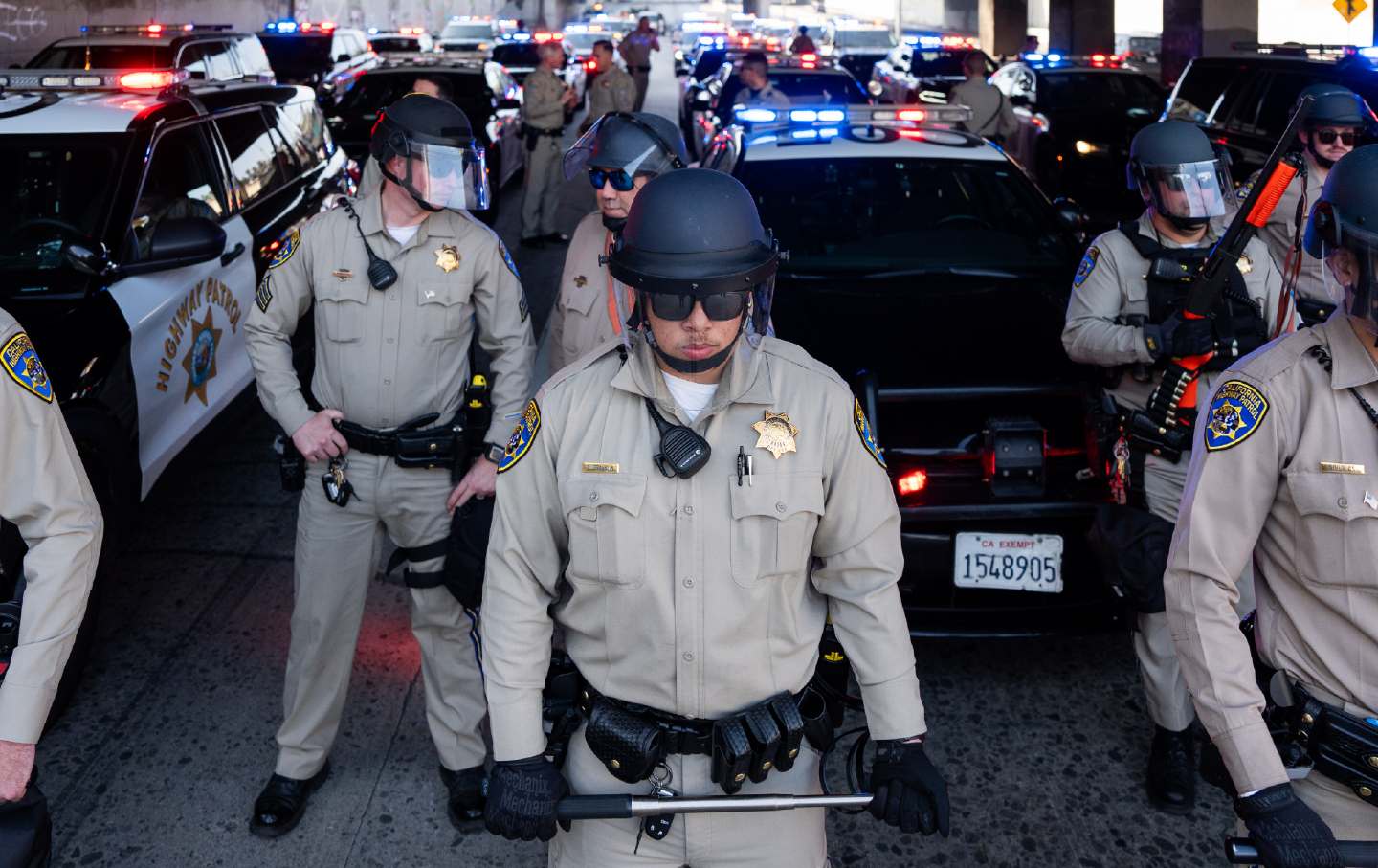
As a candidate he promised a “massive” crackdown. But since taking office his actions, though designed to be as frightening as possible, have fallen far short of that.
Ray Suarez
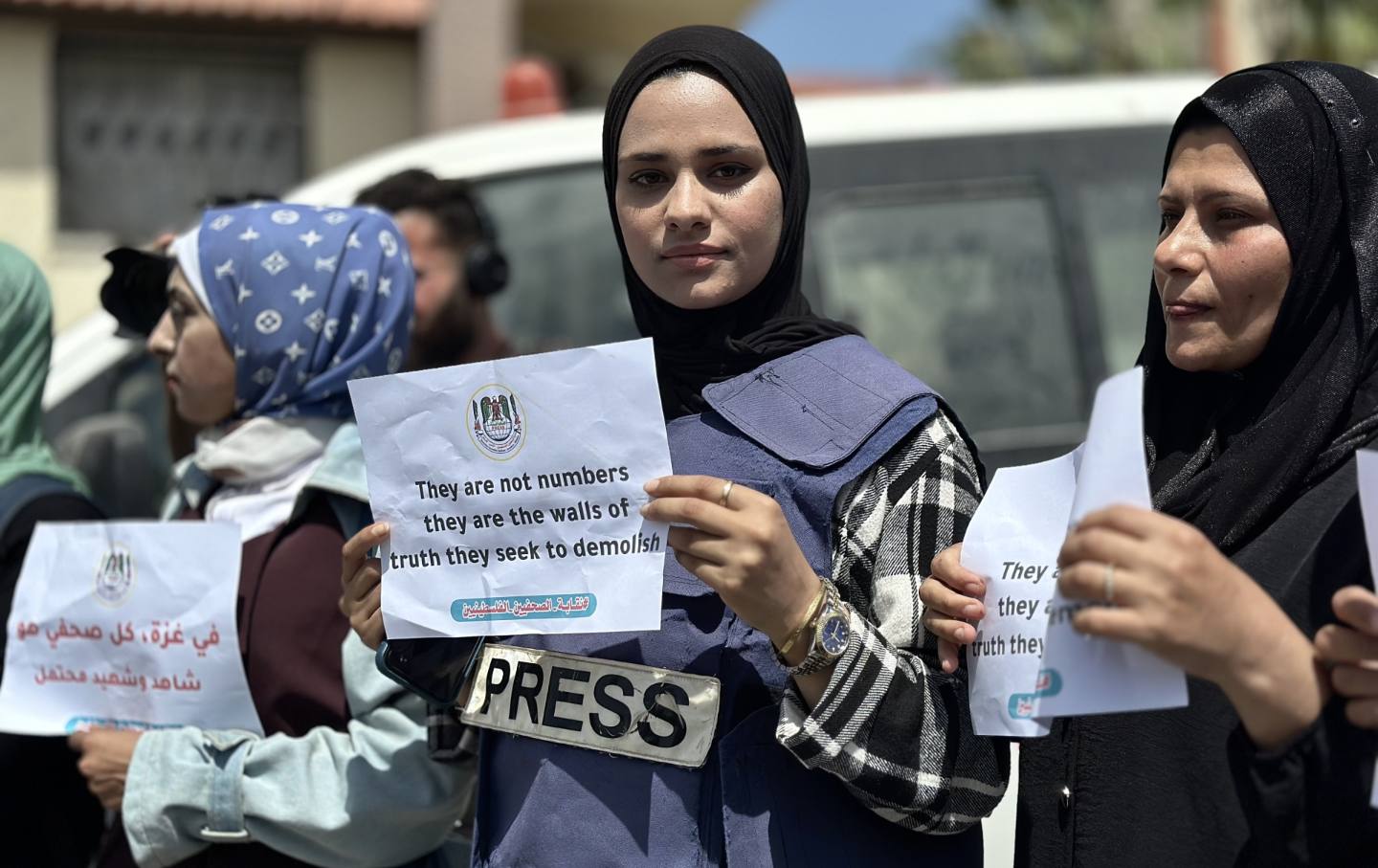
The global press corps must stop looking at Gaza as someone else’s crisis—and start demanding justice.
Mohammed R. Mhawish
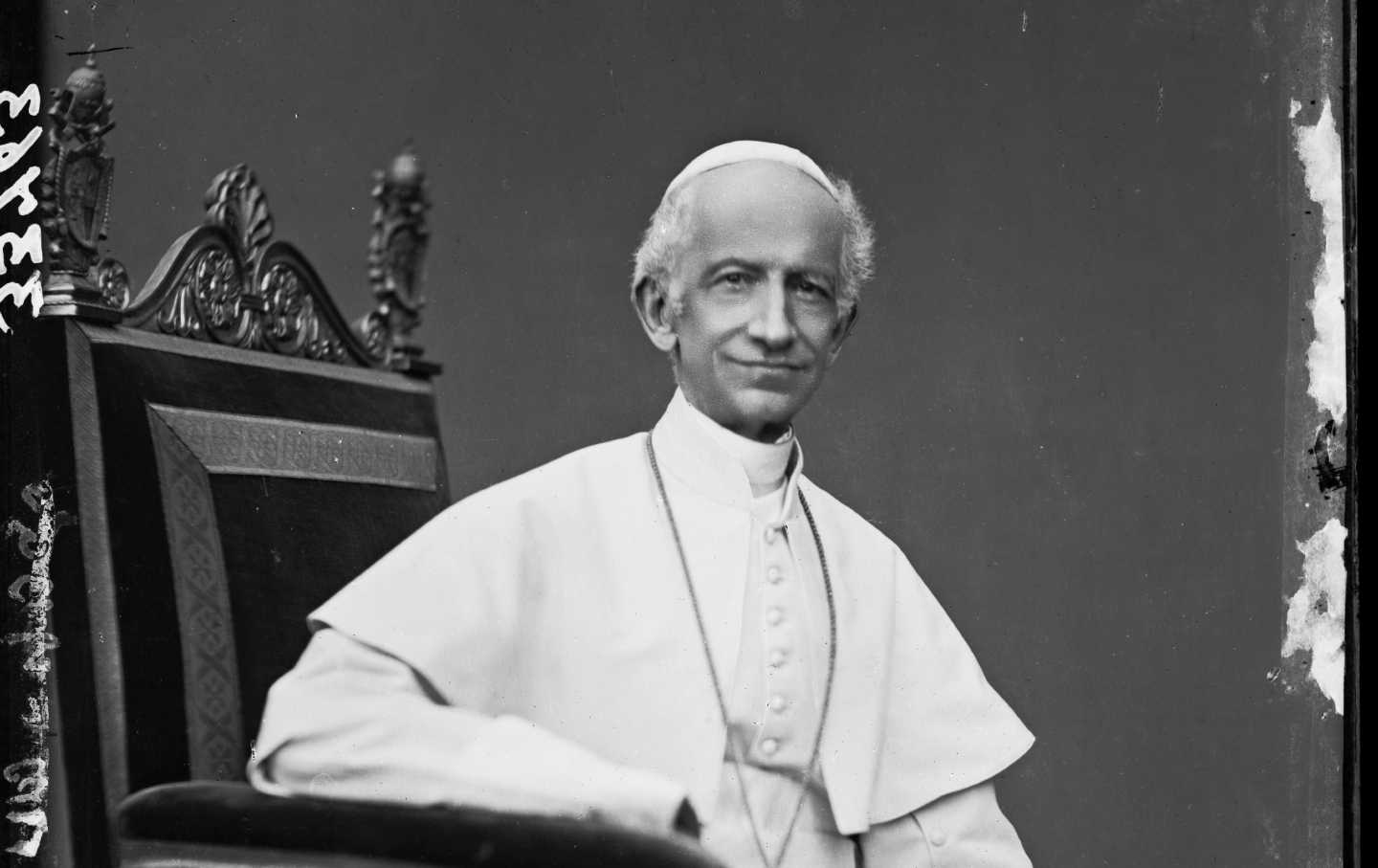
Leo XIV’s namesake penned an encyclical, Rerum Novarum, that critiques both capitalism and socialism.
Jack Hanson
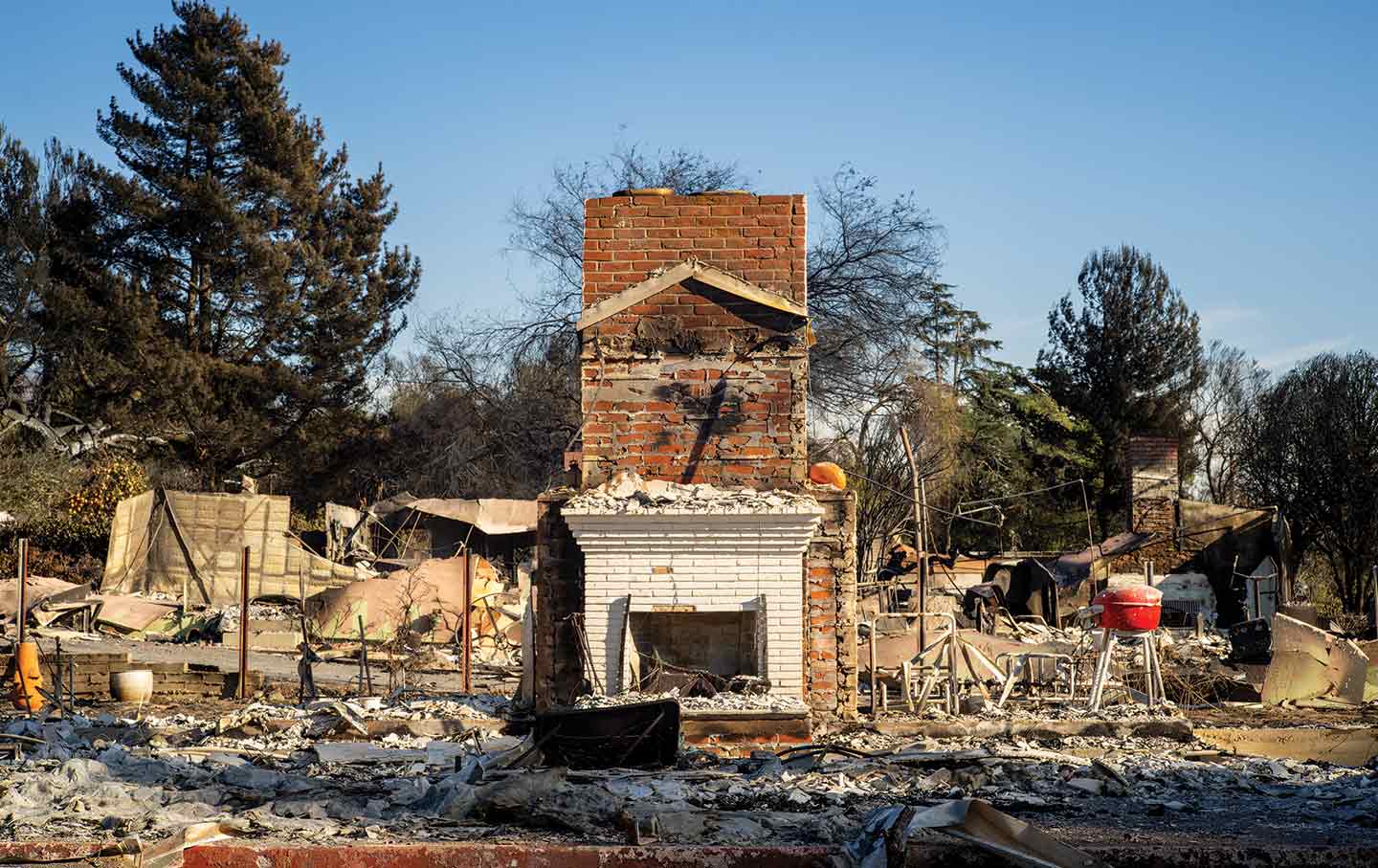
In the aftermath of this year’s catastrophic fires, architects and urban planners begin to consider how to rebuild.
Books & the Arts
/
Karrie Jacobs

Felecia Phillips Ollie DD (h.c.) is the inspiring leader and founder of The Equality Network LLC (TEN). With a background in coaching, travel, and a career in news, Felecia brings a unique perspective to promoting diversity and inclusion. Holding a Bachelor’s Degree in English/Communications, she is passionate about creating a more inclusive future. From graduating from Mississippi Valley State University to leading initiatives like the Washington State Department of Ecology’s Equal Employment Opportunity Program, Felecia is dedicated to making a positive impact. Join her journey on our blog as she shares insights and leads the charge for equity through The Equality Network.




